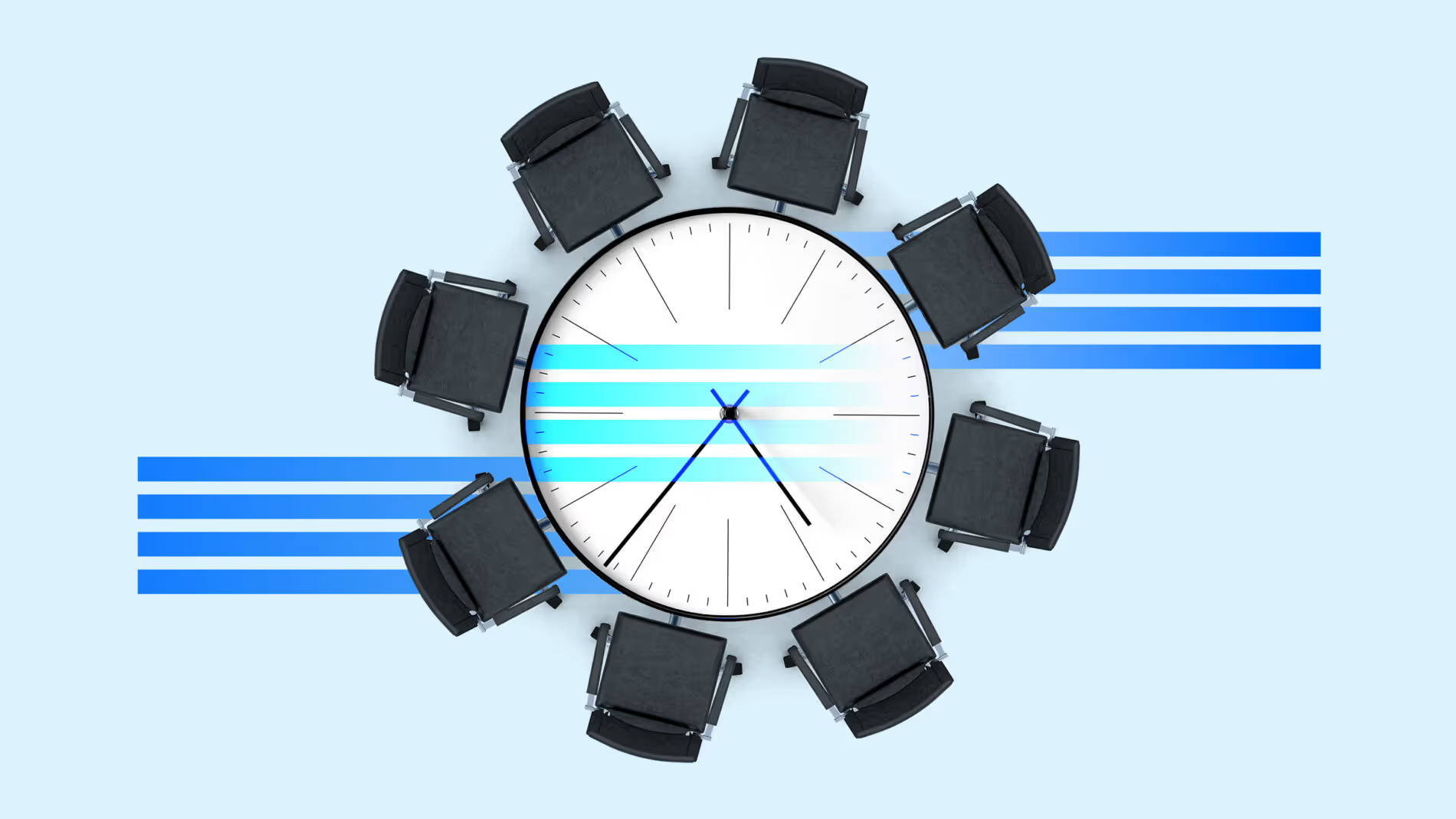The Wandering Mind At Work: How to Go From Distraction to Deep Work

This article was originally published in Forbes.
The more focused you are, the faster and higher you will rise in the ranks at work. This was the conclusion of a study which Potential Project did with 35,000 managers and leaders across the globe. Other studies have found that high levels of focus make you feel more balanced and productive and be perceived as a better leader. The message is clear: to be successful and happy, focus and deep work are key.
But there is a problem.
Neuroscientists have found that our brains are wired to be distracted. This quality served us well when alertness to the approach of a dangerous animal was critical, but distractibility does not cut it when our boss is approaching. And today’s relentless stream of external distractions exacerbates the situation, consistently eroding any ability to focus. In fact, our research has found that on average, close to half of individuals (42%) fail to focus on their tasks throughout the workday.
The good news, however, is that these numbers aren’t static or immutable. The truth is more layered than a simple assessment of “are you focused or not?” Patterns of focus vary tremendously throughout the day and over the course of a work week. Take a look at the image below. For many of us, we are most focused in the morning, but then quickly slide into a valley of distractibility which lasts the majority of our key working hours. Only towards the end of the workday does our focus begin to recover. And by then, it’s too late.

The story gets far more interesting when you begin to unravel when and why it is easier to focus for you personally. Each of us has a focus curve – a “focus signature,” if you will – that reflects our unique needs and personality. The up’s and down’s of the week look different for different people and are influenced, for better or worse, by a host of different factors.
Now, imagine if you could discover the peaks and valleys of your mind wanderings in a typical week? What if knowing the patterns of your focus could help you to strengthen your focus throughout the day and over the week? Potential Project set out to create a way to do just that. We created an app to track a person’s focus and readiness for deep work throughout the day and then tested it with leading psychologists and organizational theorists from top business schools. We then partnered with one of the largest professional services firms to put it to use and to see what a look inside the mind at work would reveal.
Here are some of the key insights that surfaced with our clients:
- Over half of all employees and leaders who participated in the test admitted to a significant disruption in the flow of work due to excess mind wandering.
- When asked about the participants’ level of stress, only 20% said they are able to properly manage their stress levels during the work week.
- Younger people in more junior leadership roles were 26% less focused compared to more senior leaders. This supports other research that younger cohorts get pulled off task more often due to greater reliance on social media and other digital applications. Interestingly, even though these younger individuals are less focused, they are not more stressed. It’s the more senior leaders and older individuals who tend to experience more stress.
- From Monday to Friday, people’s focus starts high at the start of the week. On Thursday morning, however, people’s ability to regulate both their focus and stress declines rapidly, with the biggest drop-off late Friday afternoon. That result is a bit of a counterintuitive finding as you’d expect the end of the work week to bring less stress. Open feedback from users indicates that the reason for the end-of-the-week stress is something we’re all too familiar with: unfinished tasks and the pressure of having to work over the weekend.
Sleep and Mindfulness: Focus Enablers for Deep Work
Many variables can affect a person’s level and quality of focus. Our study with the global professional services firm focused on two major variables – sleep and mindfulness.
Sleep: Good sleep buffers some of the negative effects of work stress and translates into consistently higher focus. In our study, more people got good sleep at the start of the week, but then the amount and quality of the sleep began to decline by Wednesday night. Those who managed to keep a healthy sleep routine throughout the week, especially on Thursday night, were 15% more focused and 12% better able to manage stress.

Mindfulness: In addition, having a mindfulness practice contributes to more focus and less stress throughout the day and week – even more so than sleeping well. See the image below. In our study, people who frequently practice mindfulness were 22% more focused and 23% better able to manage their stress. The non-mindful employees often found themselves in the valley of distractibility in the middle of a workday, but not so for the more mindful colleagues. These individuals, as a result of a regular mind training practice, were able to pull themselves out of this midday dip and continue on towards peak performance.

Your mind at work from Monday to Friday, 9 to 5
We shouldn’t be surprised by the findings from this study. Our minds are constantly in flux while at work. Minute to minute. Hour to hour. Day to day. How do we make sense of it all? What’s the best way to find that elusive state of deep work? This is a tricky endeavor in normal times, let alone in the midst of a pandemic, and the resulting global economic shutdown and looming mental health crisis we’re all facing.
The best place to begin is with an understanding of how your own mind works. For example, do you know the answers to these questions?
- What parts of the day bring the highest levels of focus, energy, and productivity for you?
- When is your mind wandering away into worry and stress? What are the triggers for you?
- How does sleep affect your mood, and your response to challenging moments?
- Do you feel comforted and more resilient with alone time or time with others?
- Are you making the right decisions at work based on your personality?
Luckily for us, we have technology at our very fingertips that can help us to find the answers. Technology can provide us an outside-in perspective on what is going on in our mind and thereby provide pointers for change. With learnings from our client study, we have now enhanced our app to help others better understand how their minds work – at work. We have named it “mindgrow,” and it’s now available for free here. Pairing sophisticated UX and gamification with validated frameworks from behavioral science, mindgrow teaches you things about yourself that you didn’t know before.
Focus may seem like an elusive goal, or something transitory that can only be celebrated when it appears and bemoaned when it vanishes suddenly. In reality, the ability to focus is much more in our control than it seems. Our distracted minds can be directed. Doing so starts by understanding where our minds go (and why) so that we can chart the course and set the sails towards our chosen destination. Ready to start the journey of self-discovery and see inside your mind?


















.png)





